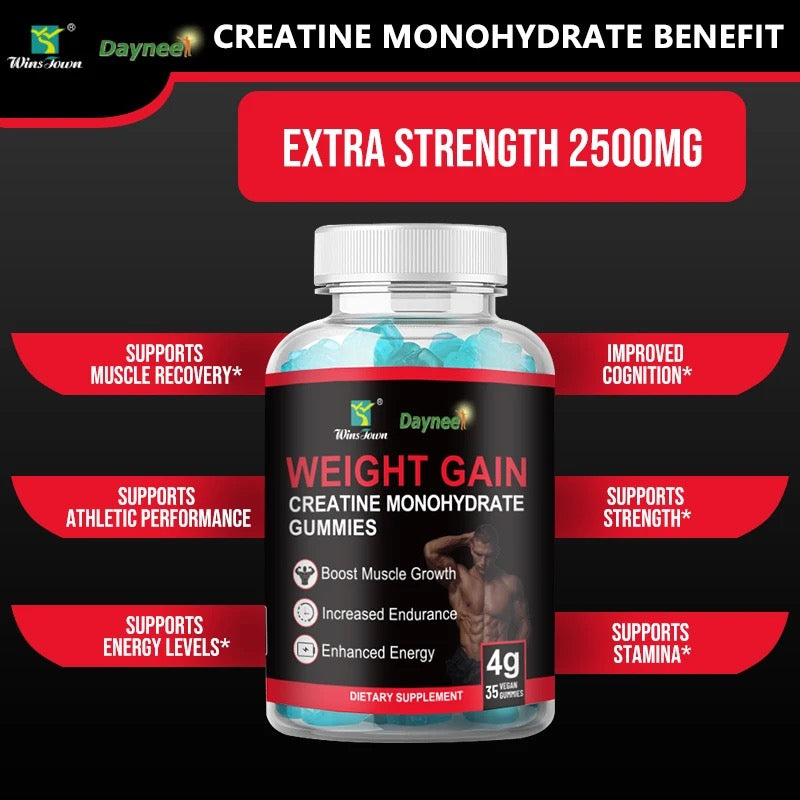Not known Factual Statements About Creatine Monohydrate
Not known Factual Statements About Creatine Monohydrate
Blog Article
The smart Trick of Creatine Monohydrate That Nobody is Discussing
Table of ContentsNot known Incorrect Statements About Creatine Monohydrate Getting The Creatine Monohydrate To WorkThe Only Guide for Creatine Monohydrate
The writers acknowledge a risk of prejudice with the research study designs due to a need for even more quality over randomization with almost all researches included. Just three of the nineteen research studies extensively outlined the analysis of VO2 max.
This differs from professional athlete to athlete. If weight gain with fluid retention is a concern, quit taking creatine 1-2 weeks prior to racing to balance out liquid retention while retaining boosted creatine stores. Some people experience gastrointestinal pain when taking creatine, such as bloating, cramping, or looseness of the bowels. It is necessary to keep in mind that not every person experiences gastrointestinal distress while taking creatine, and it can commonly be managed by changing the dose or taking it with dishes, as detailed by the International Culture of Sports Nutrition.
It's recommended to utilize it in powder type. Concerns concerning the long-term impacts of creatine monohydrate supplements on renal (kidney) feature have been elevated.
7 Simple Techniques For Creatine Monohydrate
None of the studies investigated triathletes. The adverse results reported in the research studies associated to weight gain. As stated, the majority of the research studies find out utilized a higher-dose loading method (20g+/ day) in a short period that might be countered and avoided with a reduced dosage (such as 5g/day) for an extensive duration.
:max_bytes(150000):strip_icc()/Health-BenefitsofCreatine-Horizontal-V5-e6123e44efe94d8ab2d1544dcb6a1ad5.jpg)
Let's look at the main benefits of creatine monohydrate. There is strong, trusted study showing that sites creatine boosts wellness.
The bulk of creatine is stored in the skeletal muscular tissues in a kind known
as phosphocreatine, or creatine phosphate. Creatine aids in the production of adenosine triphosphate, or ATP. Even if they never ever raised a weights, they 'd still benefit from creatine supplementation.
Report this page